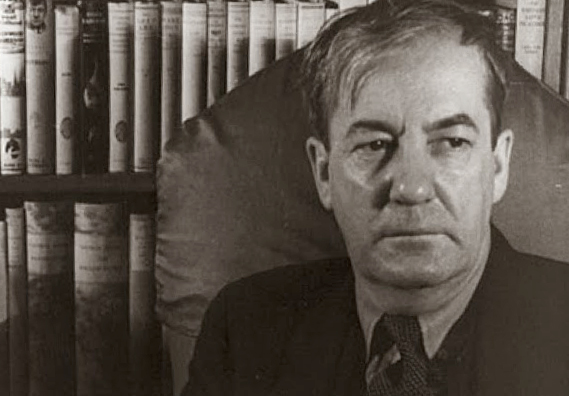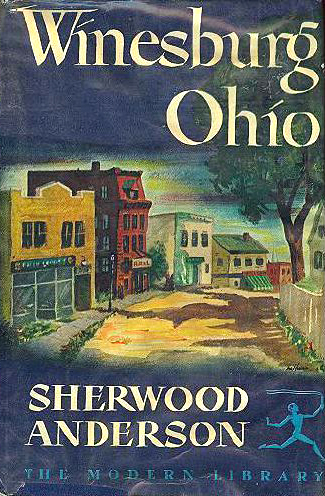Sherwood Anderson
September 13, 1876 – March 8, 1941
2012
Novels
Windy McPherson's Son (1916)
Marching Men (1917)
Poor White (1920)
Many Marriages (1923)
Dark Laughter (1925)
Tar: A Midwest Childhood (1926, semi-autobiographical novel)
Alice and The Lost Novel (1929)
Beyond Desire (1932)
Kit Brandon: A Portrait (1936)
Short Story collections
Winesburg, Ohio (1919)
The Triumph of the Egg: A Book of Impressions From American Life in Tales and Poems (1921)
Horses and Men (1923)
Death in the Woods and Other Stories (1933)
Poetry
Mid-American Chants (1918)
A New Testament (1927)
Drama
Plays, Winesburg and Others (1937)
Nonfiction
A Story Teller's Story (1924, memoir)
The Modern Writer (1925, essays)
Sherwood Anderson's Notebook (1926, memoir)
Hello Towns! (1929, collected newspaper articles)
Nearer the Grass Roots (1929, essays)
The American County Fair (1930, essays)
Perhaps Women (1931, essays)
No Swank (1934, essays)
Puzzled America (1935, essays)
A Writer's Conception of Realism (1939, essays)
Home Town (1940, photographs and commentary)









